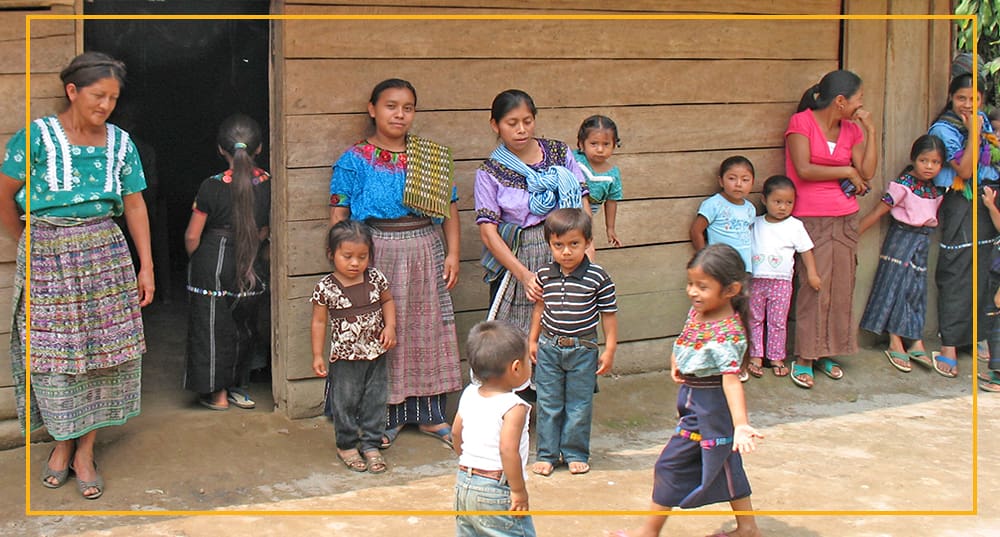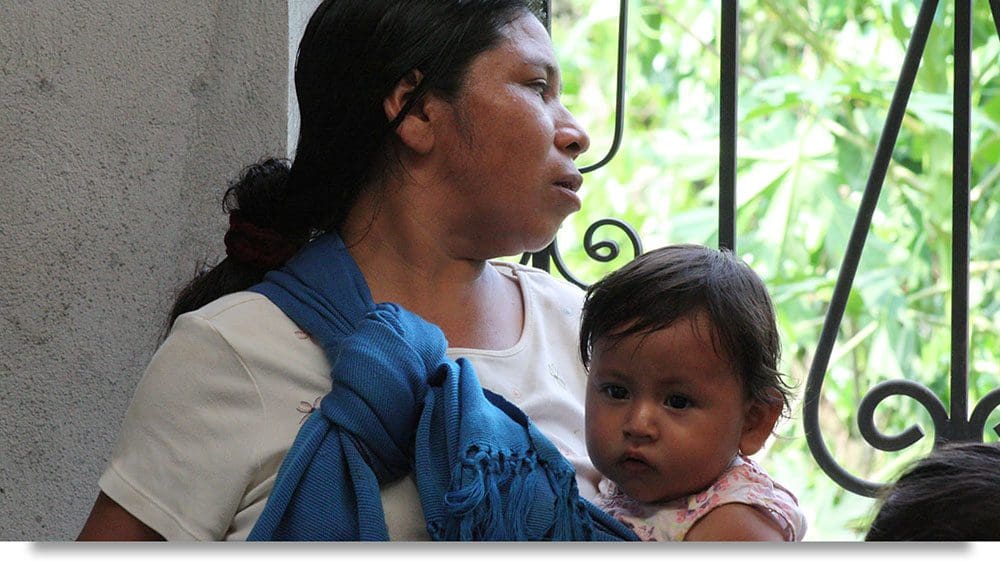
Chronic malnutrition and food insecurity have long plagued rural Guatemala, contributing to a vicious cycle of poor health and poverty from which it is difficult to emerge.
While international organizations and governments have targeted Guatemala's food security and malnutrition challenges, progress has scarcely budged in half a century.
However, there are solutions.
The Effects of Malnutrition are a Life Sentence of Adverse Consequences for Health and Survival
In 1960, the percentage of children in Guatemala under 5 years suffering from chronic malnutrition was 60%. In 2023, the percentage of children with this condition was 46.5%. This means that the average annual improvement between 1960 and 2023 was only 0.021% per year.
The UN’s World Food Program notes that in Guatemala, “the prevalence of stunting (height to age) in children under 5, is one of the highest in the world – and is the highest in Latin America and the Caribbean. While the rate of stunting is 46.5% nationally, the stunting rate climbs up to 70% in some departments (states), with peaks as high as 90% in the hardest-hit municipalities.”
According to a recent UNICEF report on Guatemala, “Five in ten children under five are chronically malnourished. This means they will lose 30% of their brain capacity for the rest of their lives …. Malnutrition causes them to drop out of school, lowers their productivity, makes them susceptible to illness and even loss of IQ -- irreversible effects that last a lifetime. Chronic malnutrition affects eight in ten (80%) indigenous children.”

Malnutrition is transgenerational – that is, men and women affected by malnutrition during their early years carry physical and mental impacts which extend to their own children, perpetuating the cycle of poverty and malnutrition into the future.
There are reasons why many international agencies, governments, and NGOs are experiencing limited program success in lowering food insecurity and chronic malnutrition.
Typically, “top-down” strategies fail -- often derailed by deep systemic inefficiencies and hamstrung by cynicism about the capacity and will of underserved rural citizens to help feed their own children.
Many programs address malnutrition and food insecurity with short-term aid strategies. Although eminently necessary in emergencies, over time, hand-out programs can encourage dependency and do not give people the tools to combat malnutrition and food insecurity themselves.
Decades of persistent poverty, paternalism, and an inadequate education system have acted as massive disincentives to self-reliance and generational resilience.
Properly designed and implemented strategies that break the atmosphere of dependency can sustainably improve food security and reduce malnutrition. These strategies are vital for ensuring all people have an opportunity to fully develop their potential.
Malnutrition is not just an individual and family tragedy. It has far-reaching consequences for human resources, economic productivity, and national development overall.
Solutions: How is the Seeds for a Future Program Impacting Food Security and Chronic Malnutrition in Guatemala?
Since 2009, Seeds for a Future has developed and implemented its long-term training Program using a “bottom-up” approach, directly involving families and communities to address the chronic food security, health, and economic challenges through their actions and intentions, and in rural Guatemala’s case, reinstating inherent knowledge from generations past.
Our Program is taught and applied at the household level and easily replicated in many communities. The funding for the Program does not rely on government monies, many of which can suffer from implementation issues due to underfunding, faulty program design, inefficiencies in the use of monies, and a lack of political will.
The Seeds for a Future Program is practical, low-cost, and replicable from family to family while flexing to meet each community's unique needs.
The current Seeds Program has helped nearly 6,000 families in 21 communities – approximately 6,000+ individuals.
Seeds for a Future continues to increase the number of families and communities where our program is available while expanding into new communities requesting our Program.
Our work is far from done. While we've made significant inroads and created a replicable long-term food security and health training program that can flex into most rural communities worldwide, your support for Seeds for a Future is vital to making this happen year in and year out.
Explore our "How the Program Works" page to learn more about the Seeds for a Future Program and how it works.
Questions? Please Connect with the Team.
Let's Stay Connected
Receive our latest stories and updates about restoring nutrition and health, the impact of sustainable change, and the power of self-reliance.
Our Partners:







